
2017 in Review: Winners & Losers - Article
by Taneli Palola , posted on 23 December 2017 / 9,004 Views
2017 has certainly been an interesting year for video games. We've had some of the best games of the current generation come out, but at the same time many publishers have begun to shamelessly exploit their customers through egregious monetization of their biggest games. The year has brought us a lot of good and a lot of bad, so I thought I'd briefly look back at some of the major winners and losers of 2017.
Winners
Nintendo Switch
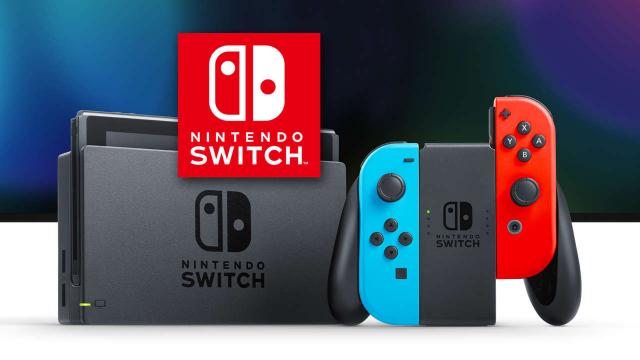
Let's just get the obvious one out of the way immediately. At this point there's no doubt that the Switch is a massive success, and deservedly so. Less than a year into its life the console already has two games that can be considered among the all-time greats in Breath of the Wild and Super Mario Odyssey. Add to this games like Arms, Splatoon 2, and Xenoblade Chronicles 2, and the console's first year on the market has been nothing short of stellar.
Nintendo still makes the occasional misstep, like in late September when the company suddenly disallowed people signed to their Nintendo Creators Program on YouTube from streaming Nintendo games, which was a baffling decision. Still, as a whole Nintendo's year has been quite exceptional indeed. Now we'll just have to wait and see what the company does to maintain this momentum in the years to come, but the first signs are very promising.
Sony & the PlayStation 4
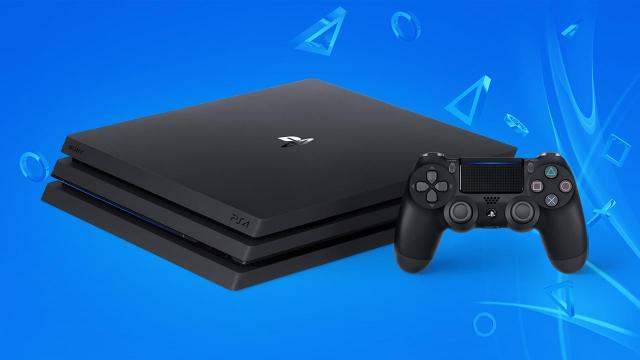
This is perhaps a bit of a moot point, but the PS4 still shows no signs of slowing down, and although the Switch is finally giving it some real competition, the PS4 still remains at the top of the console market. The console not only got some of the year's best games as exclusives, but it has also sold extremely well throughout the year, passing 60 million units sold in early June and flying past 70 million by early December.
Simply put, Sony took the initial advantage it gained as a result of Microsoft's PR mistakes and the Wii U's failure and parlayed that into a massive wave of momentum that the company is still riding high on. With numerous excellent games - many of which are exclusive - set to launch on the system on a consistent basis throughout 2018 the PS4 is set to lead the pack for some time yet.
Independent Studios Finding Success Outside the AAA Industry
While much of the AAA industry has slowly but surely been moving further and further towards monetizing every single aspect of games these days (we'll get to that in a moment), studios working outside of the big publisher environment have increasingly been showing that you don't necessarily need to have a major publisher looming over your head while making games.
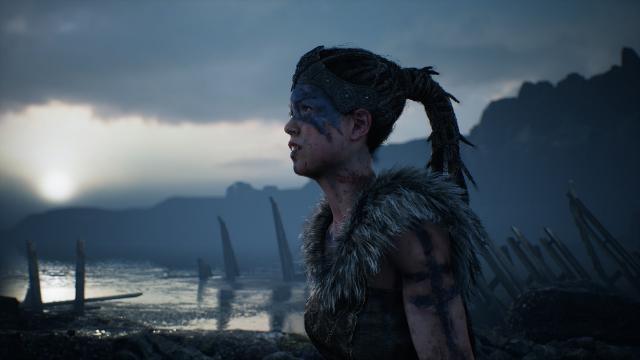
Success can be found in places the traditional publisher-centric model doesn't know to look, and there's perhaps no better example of this than Ninja Theory's Hellblade: Senua's Sacrifice. For most of its existence the studio had been working for a number of different big publishers (Sony, Namco Bandai, Capcom, and Disney), and yet arguably the developer's greatest success came when it decided to strike out on its own and go independent.
What Ninja Theory has achieved proves that there are many different ways to succeed in the video game industry, and that it's not really necessary to be signed to a big publisher anymore. Hopefully other studios and creators end up following Ninja Theory's example.
The Overall Quality of Games
There is an argument to be made for 2017 being one of the best years in the history of video games in terms of game quality. It may not be quite the best ever, as there have been more than a few disappointments as well, but considering that in 2017 we've seen the release of games like The Legend of Zelda: Breath of the Wild, Super Mario Odyssey, Metroid: Samus Returns, and Splatoon 2 from Nintendo alone, it's beginning to look quite exceptional.
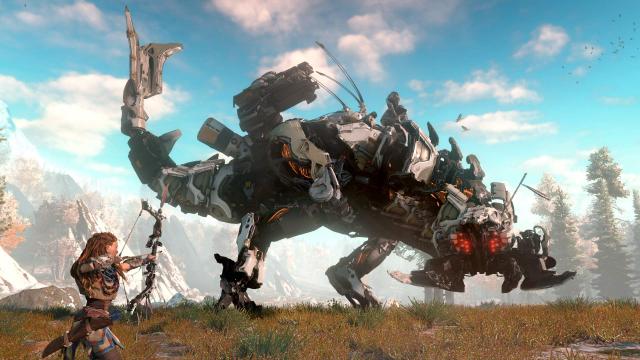
Besides Nintendo's offerings, we got major releases like Horizon Zero Dawn, Uncharted: The Lost Legacy, Yakuza 0, Persona 5, Nioh, Resident Evil VII, Nier: Automata, Destiny 2, Wolfenstein II: The New Colossus, Divinity: Original Sin II, and numerous others. I haven't yet even mentioned a single indie game, either; the likes of Hollow Knight, Hellblade: Senua's Sacrifice, and Cuphead caused waves in the industry.
It's been an excellent year for video games, and regardless of some rather questionable practices that we've seen emerge stronger than ever before, just from a pure quality standpoint this has been an amazing 12 months for most gaming fans.
Losers
Steam Direct
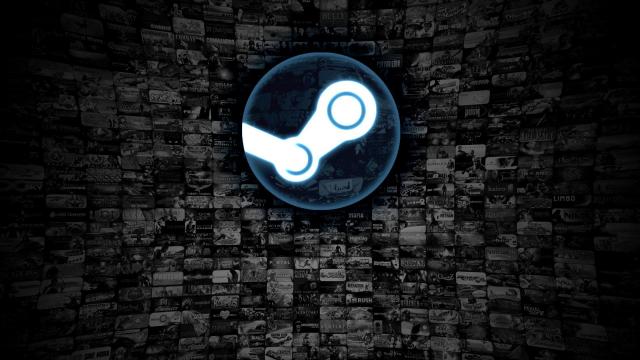
Valve's solution to the problem that was Steam Greenlight has done nothing to stem the tide of horrendous shovelware and asset flips drowning the Steam marketplace. In fact, in many ways things have just gotten worse since the launch of Steam Direct, with even more awful asset flips, meme filled trash titles, and cheap knockoff games showing up than ever before.
To put this into perspective, during 2017 more games were released on Steam than in all of the platform's previous year's combined; something that also happened in 2016. Steam Direct has only made things worse, and much of it is thanks to Valve's refusal to do anything to intervene unless forced to do so. We can expect this to continue for as long as algorithms are relied upon to do the work of curating instead of actual people.
Microsoft
In terms of yearly console sales Microsoft fell down to a distant third in 2017, trailing far behind both Sony and Nintendo in most markets. Even in the US, which has traditionally been an Xbox stronghold, the company is struggling to keep up with its two main competitors. While the Wii U was still an active platform Microsoft at least had a clear advantage over Nintendo, but with the massive success of the Switch in its debut year the optics have changed.
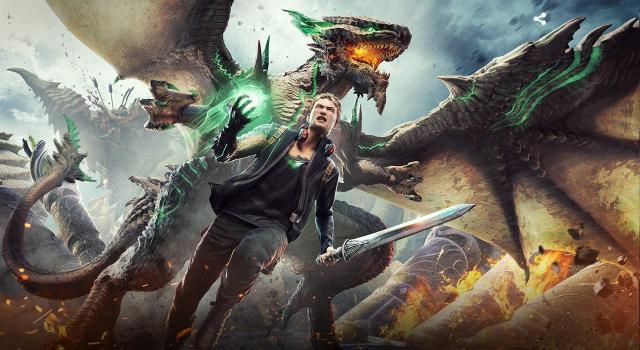
T
o make matters worse is the severe lack of exclusive titles to drive sales and interest in the platform, with the highly publicized cancellation of Scalebound earlier in the year being an obvious sign of things to come in hindsight. Even when the Xbox One X launched, to initial strong hardware sales, there weren't really any major new games that could be relied upon to sell the system. The Xbox One is still selling decently but it now feels like Microsoft is coasting along; the company needs to find a way to reverse this current trajectory if it wishes to regain its footing in the console market. The Xbox One X had a very successful launch at least, but Microsoft needs to capitalise on it lest it be seen as something of a last hurrah.
Loot Boxes & Microtransactions Everywhere
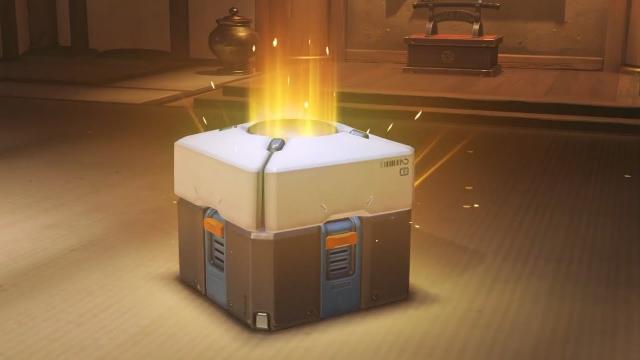
The absolute explosion of microtransactions and loot boxes making their way into premium, $60 video games in the latter half of 2017 is one of the year's most despicable developments. The practices companies like EA, Activision, Warner Bros., Ubisoft, 2K Games, and others have employed to squeeze every last drop of revenue from already paying customers have been disgusting, to put it mildly. Unfortunately, because there are so many examples of video game companies exploiting their player bases through microtransactions I'll just list some of the more famous and egregious ones here for you reading pleasure:
- Call of Duty: WWII dropping loot boxes to players on Normandy beach to open in front of other players, in order to entice them to buy some as well, thus making the opening of fake boxes containing fake stuff bought with real money inside a video game a social event.
- Middle-Earth: Shadow of War asking people to pay money to get some of the game's gameplay content quicker, suggesting that the game Monolith had just made wasn't actually worth playing.
- Destiny 2 locking content behind microtransactions that was free in the first game. Also, the game's shaders, which were permanently unlocked in the first game, became single use items in the sequel.
- NBA 2K18 ties your created characters' stat upgrades to an in-game virtual currency, which is also used to buy cosmetic changes such as tattoos and haircuts. Naturally your character won't initially have very good stats, as you're expected to develop his skills by playing the game's career mode, it's just too bad that the amount of currency you gain is tied to how well you play the game, which in turn is heavily influenced by your characters' stats. So, to get the character to a decent skill level can take literally hundreds of games, and suddenly the in-game store offering players the “option” to buy the virtual currency for real money (all the way up to 450,000 VC for $99.99 - aren't they generous?), starts to look increasingly suspicious.
- Star Wars: Battlefront II selling actual in-game advantages to players with real money, turning the game's multiplayer into a pay-to-win economy. Locked characters like Darth Vader are also kept behind an extensive grind, enticing people to buy loot boxes. These are just two of the wonderful results from EA's “games as service” model. The backlash from fans was so severe that EA was forced to pull back the microtransactions and improve the in-game rewards, tacitly admitting that the system had in fact impacted the gameplay itself. Then there's Need For Speed: Payback, also by EA. And the upcoming UFC 3, which is apparently doubling down on the pay-to-win economy as well. So it's safe to say EA won't be ending these practices anytime soon.
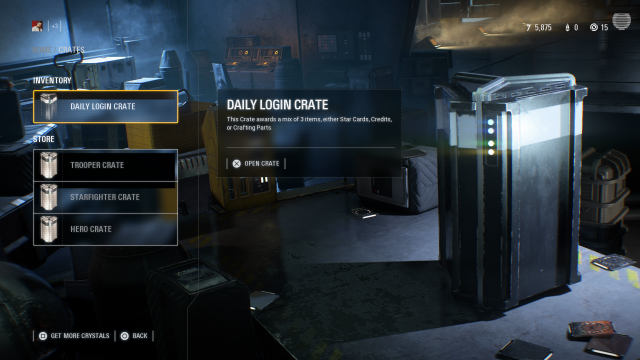
Right now, we're at a point where some developers and publishers are actually starting to use the fact that their games don't have lootboxes or microtransactions as a genuine selling point. If that's not a clear sign of how awful the situation has gotten over the last year then I don't know what is. To get some positive PR it's now enough to just say that “we're not doing the exploitative thing those other companies are doing”.
The AAA Industry
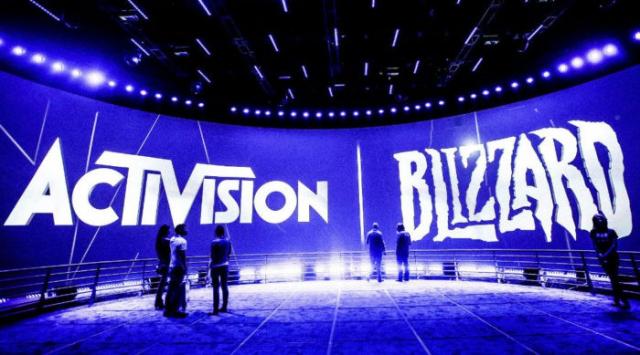
More than anything, in 2017 the AAA industry and big publishers especially have come under constant scrutiny and criticism for their actions and practices over the year. I've already talked about the sad reality of the microtransaction-based economies in full-priced games, but that's not the only criticism that can be directed at them.
For example, Ubisoft was caught lying several times in 2017 about a number of subjects. The company denied the existence of Mario + Rabbids: Kingdom Battle, only to later reveal it as exactly the game that leaks had made it out to be. Ubisoft also said that Beyond Good & Evil 2 would be a no-show at E3, but that very title then turned out to be the company's big final game of the show. The more times companies lie like this the less credible anything they say afterwards becomes, and by now I have a hard time taking anything Ubisoft says at face value.
Activision released a standalone version of Modern Warfare Remastered, with none of the original DLC or additional content included. It then released that DLC for the remaster at a higher price than in its original release, and of course the game also had microtransactions, but we've already talked enough about those.
These are just a few examples of AAA publishers employing questionable or underhanded tactics to benefit them at their customers' expense. EA, Warner Bros., Take Two, and many others have gone to great lengths this year to abuse the relationship they have with their fans. Some have backfired gloriously (EA), while others were quickly forgotten (Ubisoft's lies). Still, they are all a sign of the current climate in the video game industry, and it's not a very nice outlook.

And those are the winners and losers of 2017 in the video game industry. There was plenty to be happy about, with many great games and excellent new hardware to play them on, but we also saw some toxic, predatory, anti-consumer practices take hold of the industry in a big way. So all in all, a bit of a mixed year. Do you agree or disagree? Who or what are your biggest winners and losers of 2017 in video games? Leave a comment to tell others what you think, and thanks for reading.
More Articles
Why wouldn't Ubisoft deny the existence of the game? They wanted to reveal it on their own terms. They shouldn't be forced to because of a leak.
Mostly because lying has more or less become a habit for them at this point, and the more they do it the less credible anything else they say becomes. I'm personally at a point where I don't take anything Ubisoft says at face value anymore because I just don't trust them. By lying they're also throwing anyone who might report on the rumours under a bus so to speak.
They could pretty much just say "we don't comment on rumours" like a lot of other companies do.
Very nice, and not just because agree with most of it. But hey, that's at least part of why I like it. :)
Winners: Gamers, cos we got some truly amazing games to play.
Losers: Gamers, cos companies continued to push the limits of how much they can abuse and exploit us for a quick buck.
This was one the best years for gaming imo. We saw the beginning of the Nintendo renaissance, we saw indie games go big and become successful, we saw a lot of great games across all platforms, we saw people (and even governments) finally push against lootboxes and other shitty practices. Here's hoping for even better times in 2018.
Microsoft better up there game in 2018 or else they are out of the competition
I agree with most of this. However, it feels like a forum post, rather than an article. IMO, things like this should be labeled "editorial" or "opinion", or left to the forum.
Truly a special year...one of the greatest, even despite all that monetisation issues. Can’t wait for 2018!
Saying NS was a loser on the sales front is a serious understatement. Like holy crap did they get beat badly by both companies. I’m not even gonna mention their first party offerings.
You mean MS, right?
Crap, I meant MS lol
Red Dead Redemption 2 coming out in 2018 is a blessing for Take Two. They would have gotten destroyed if it came out right after Star Wars: Battlefront 2
Microsoft won the year for me. The X1X, OG BC, along with Cuphead, PUBG, and Forza 7 kept me well entertained. 2018 looks like a great year going forward with Rare's Sea of Thieves very high on my anticipation list.
Losers are Sony with no exclusives I'd actually own and Nintendo with only one game I'd buy if I owned a Switch.








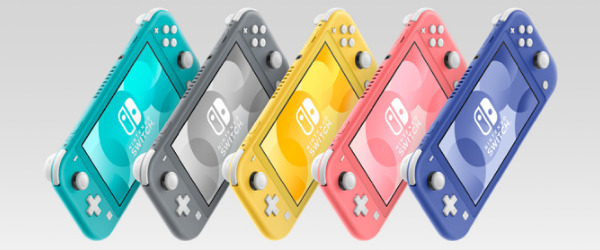
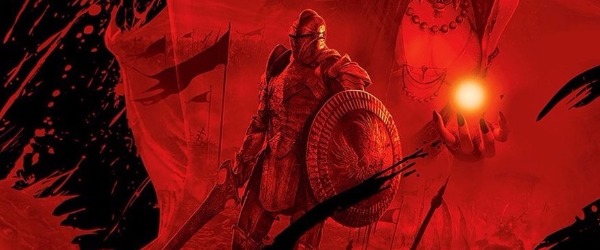
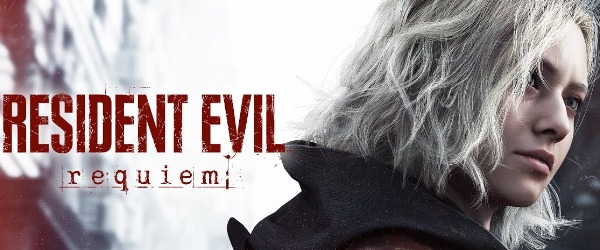
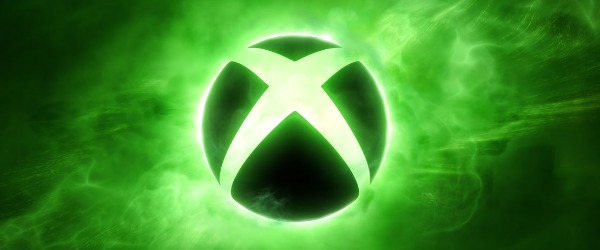










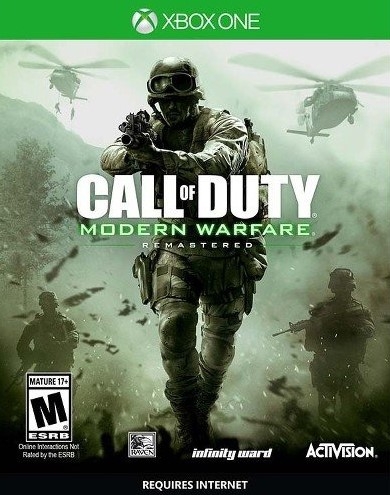

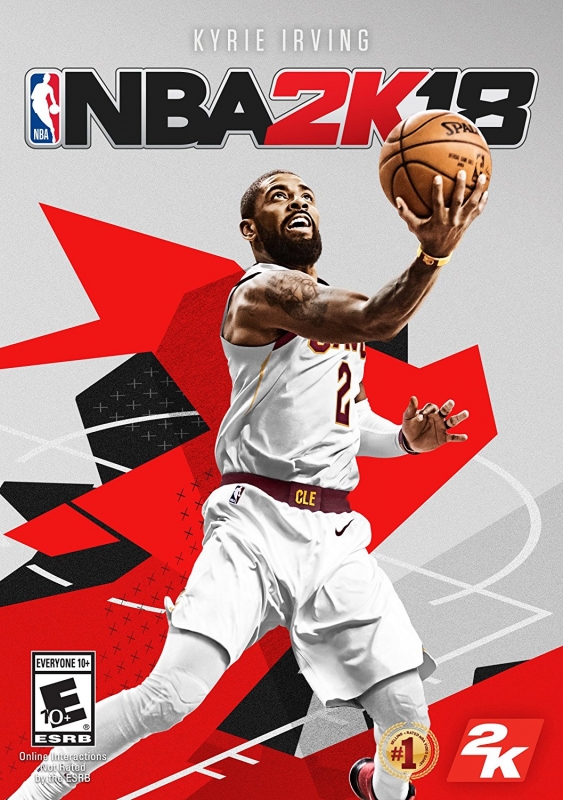

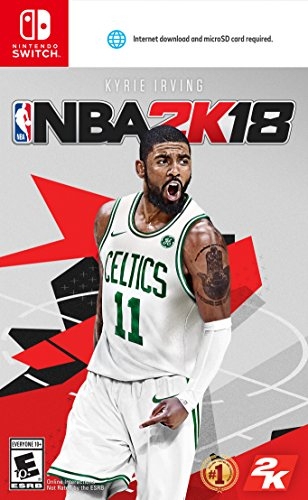

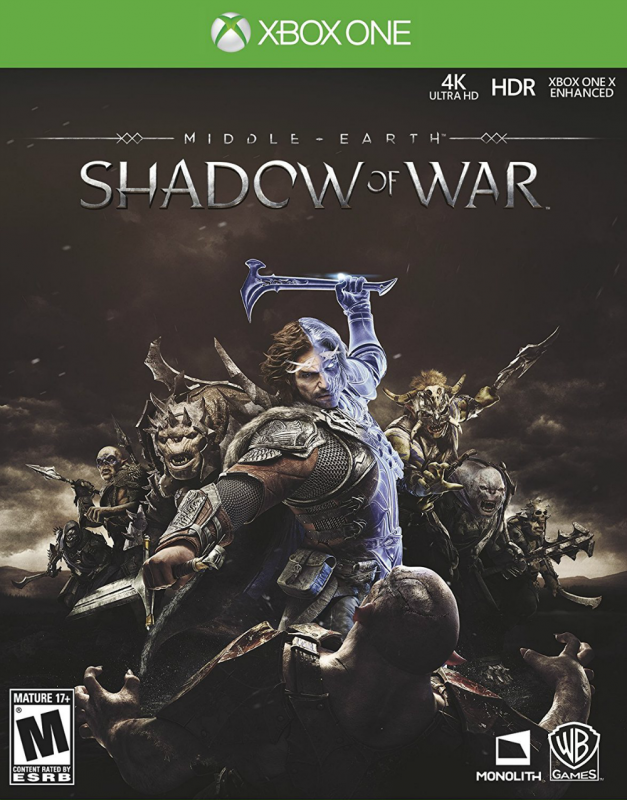
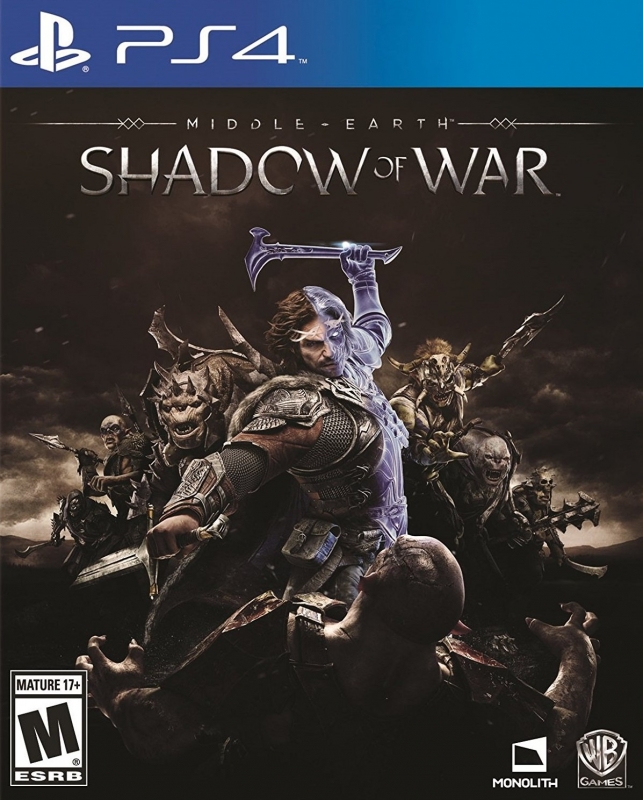

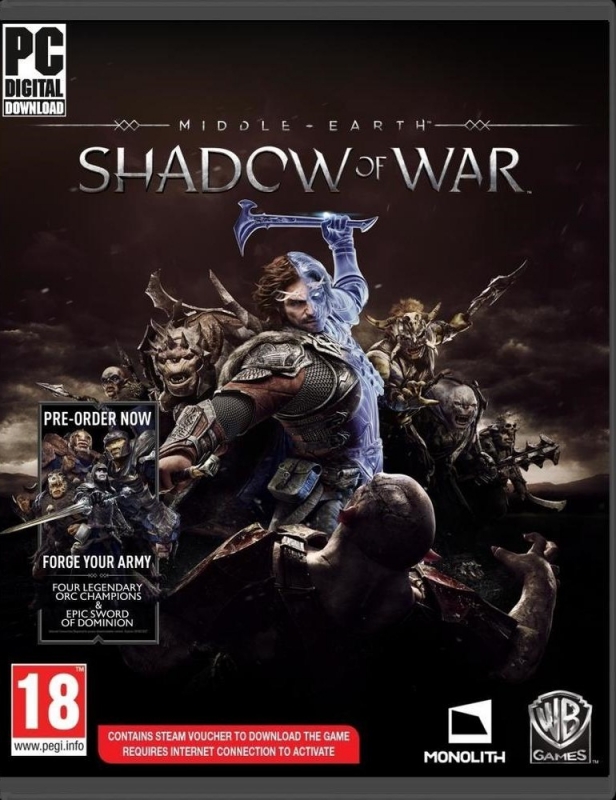
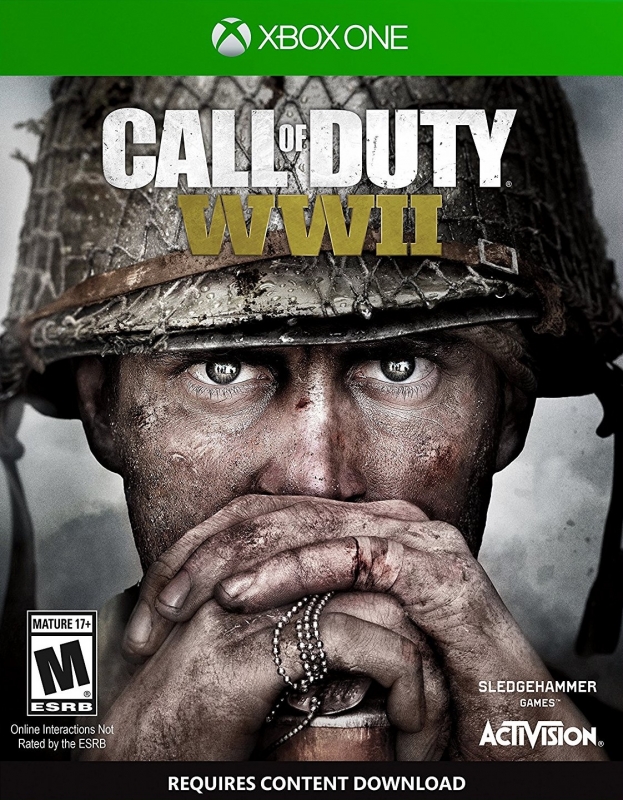
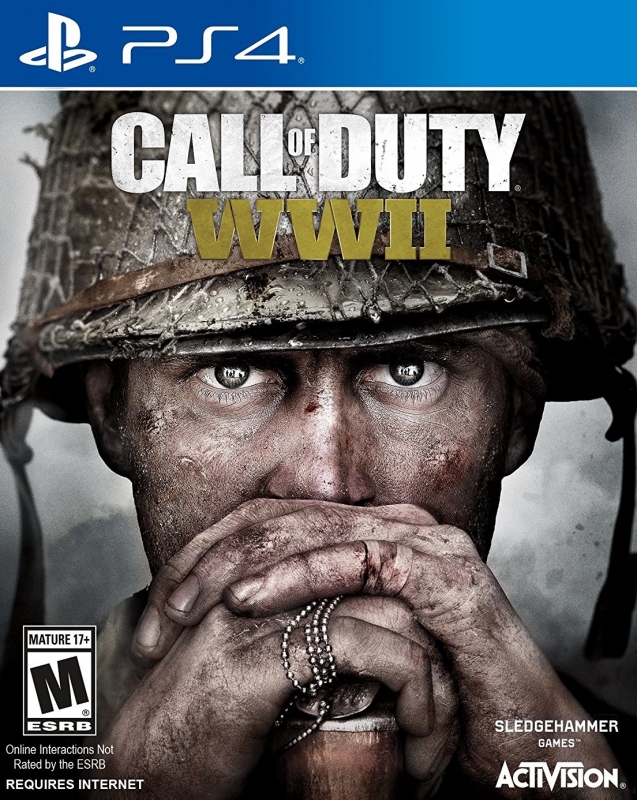
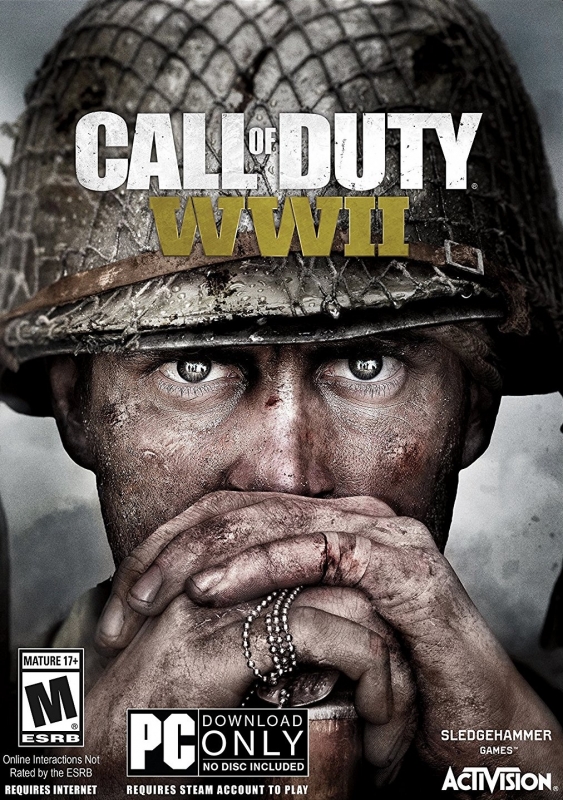
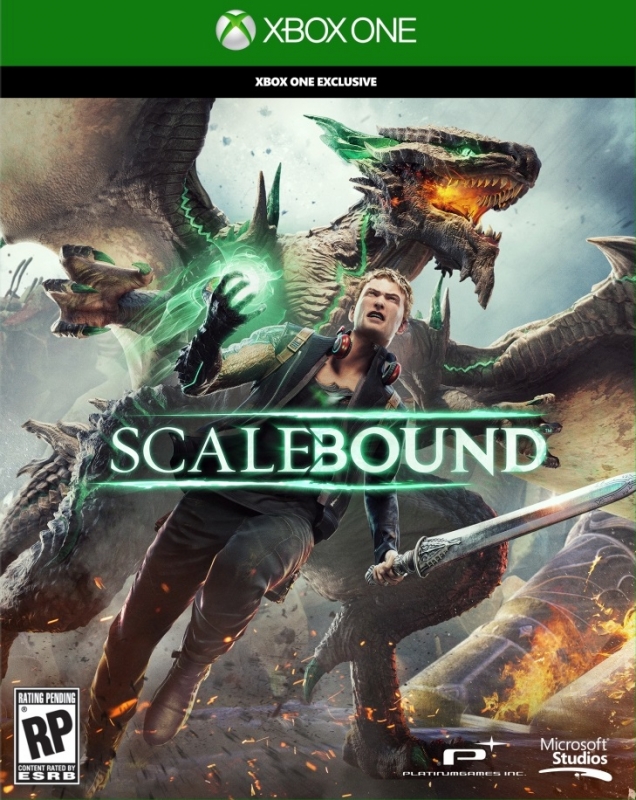
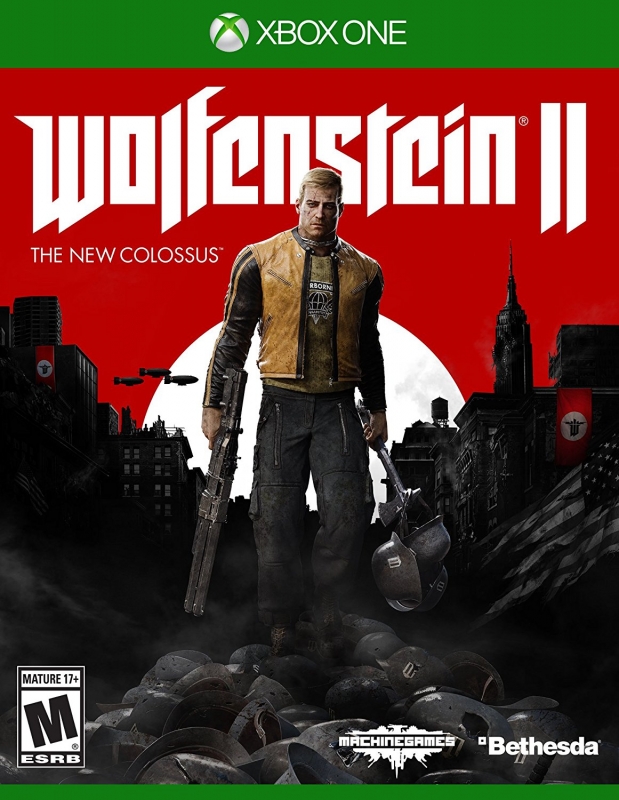
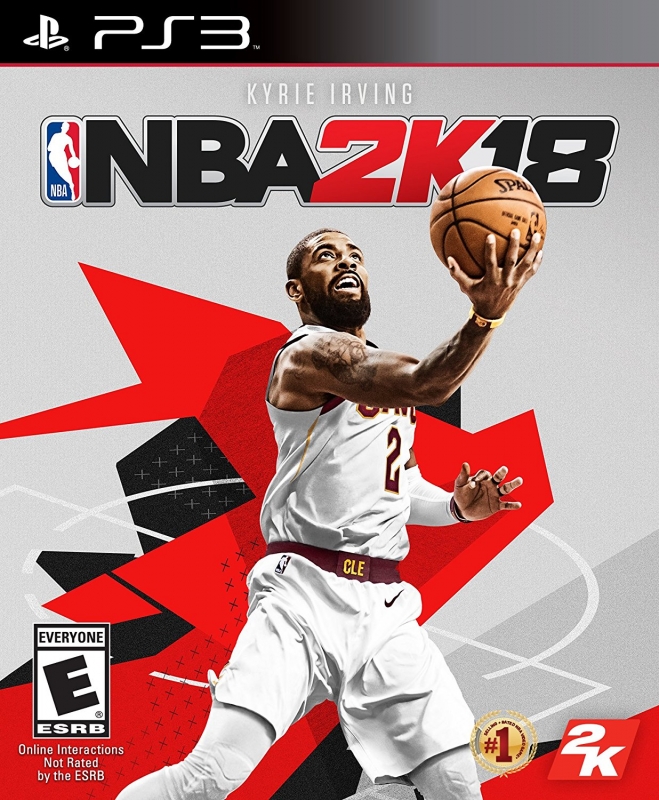

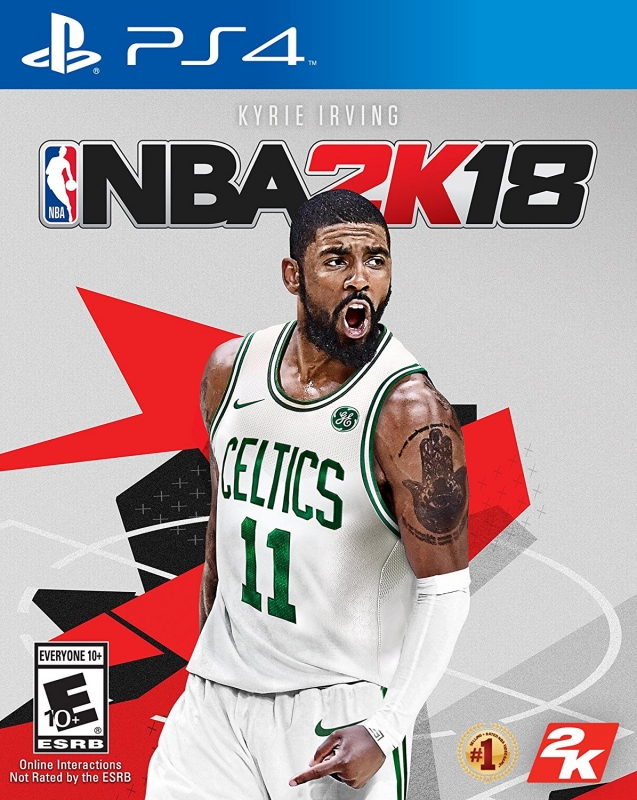
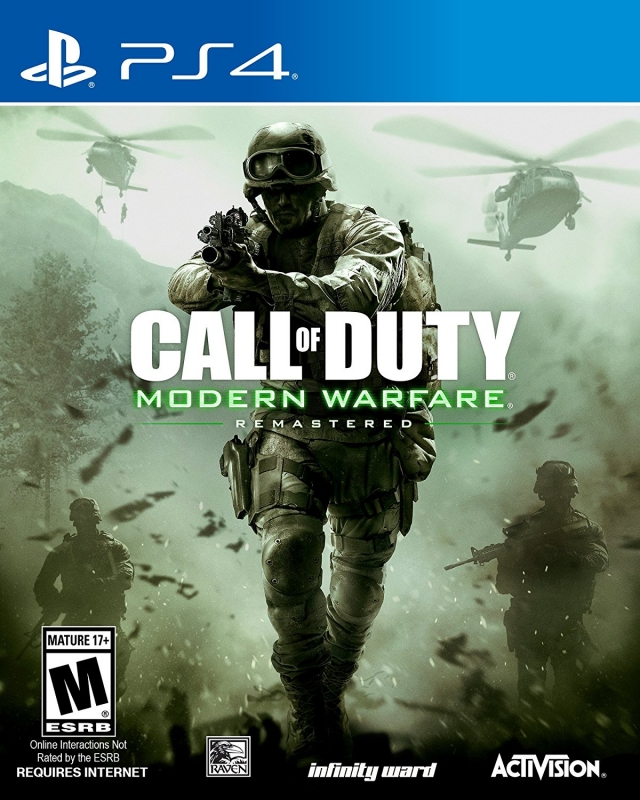
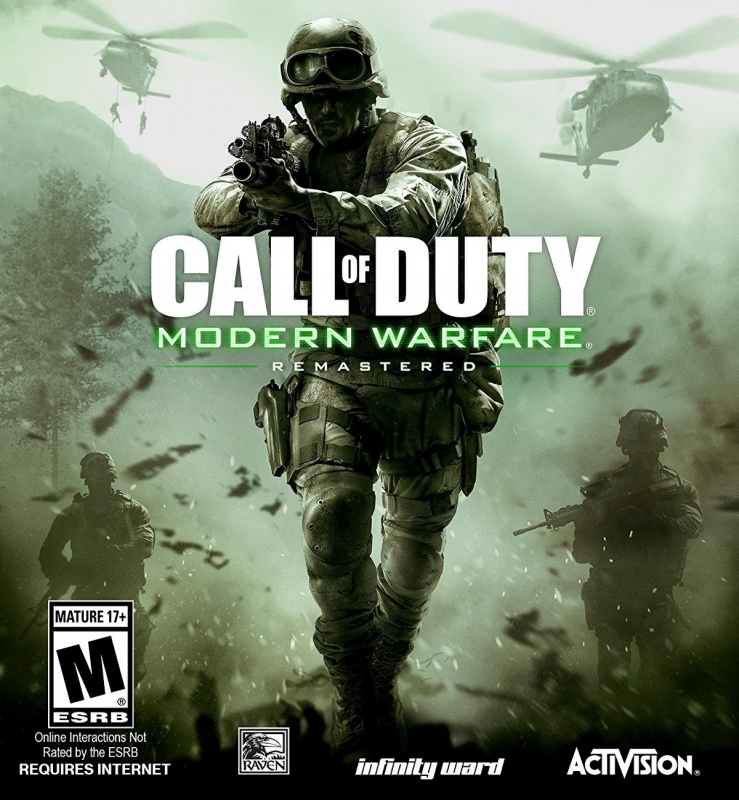
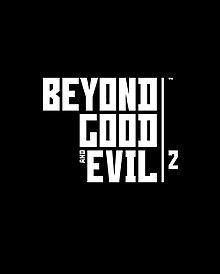

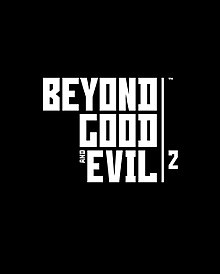
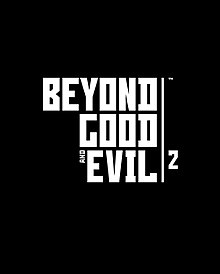
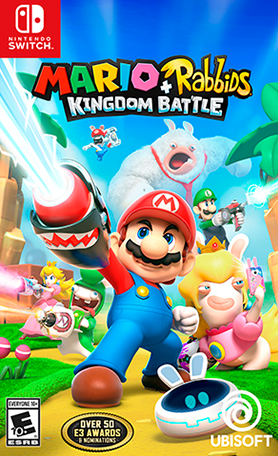
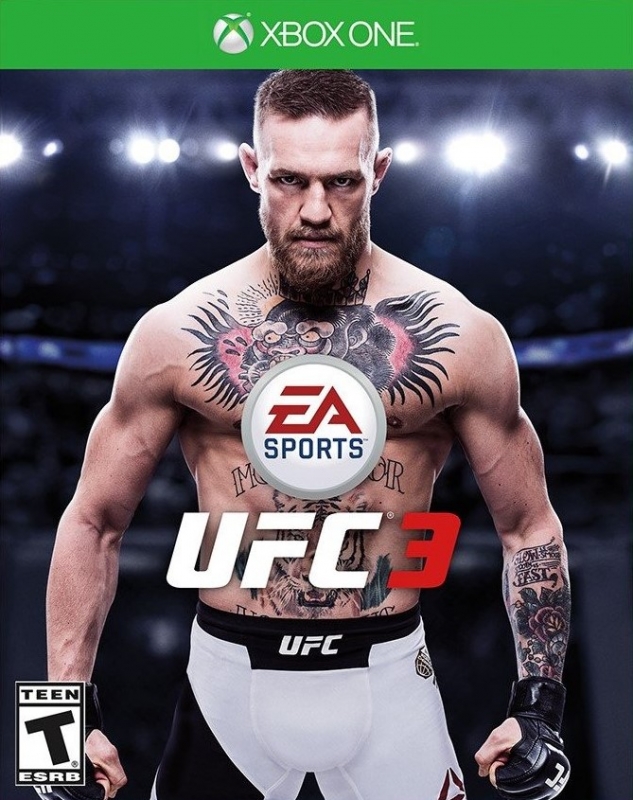
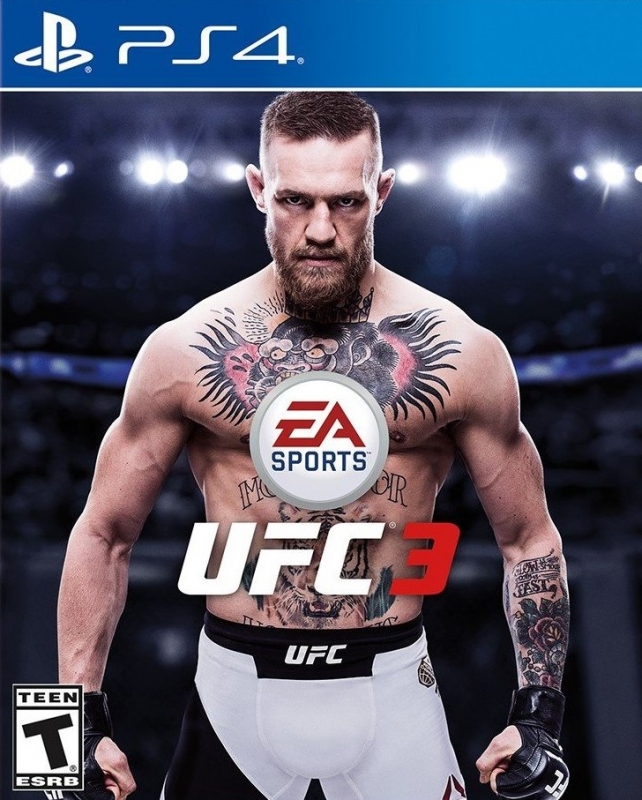
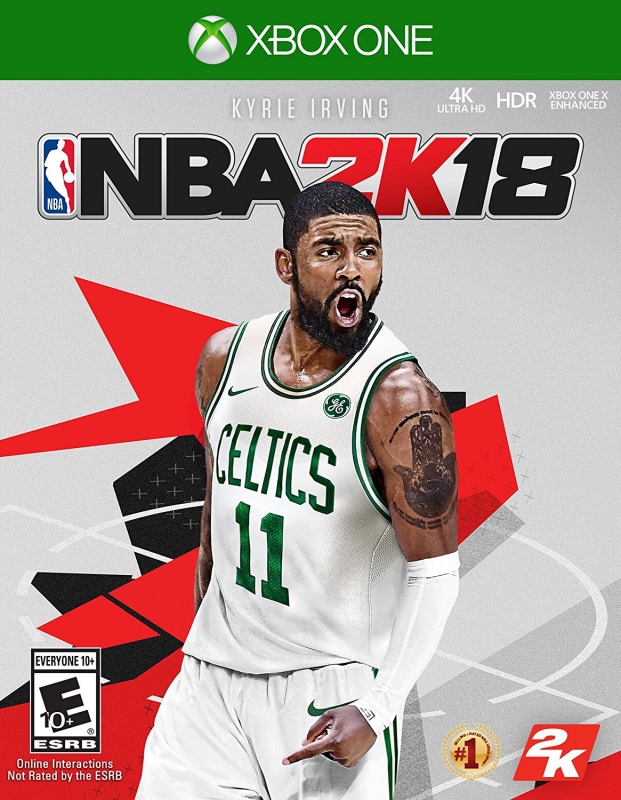
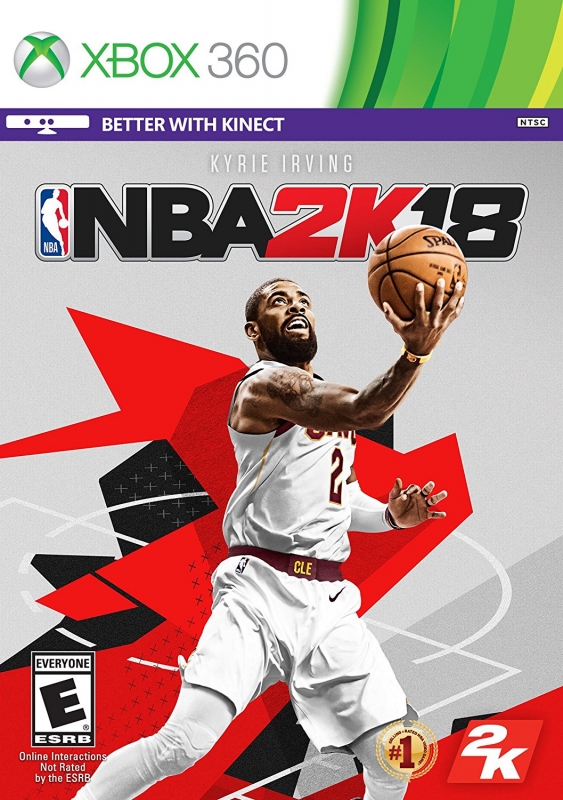
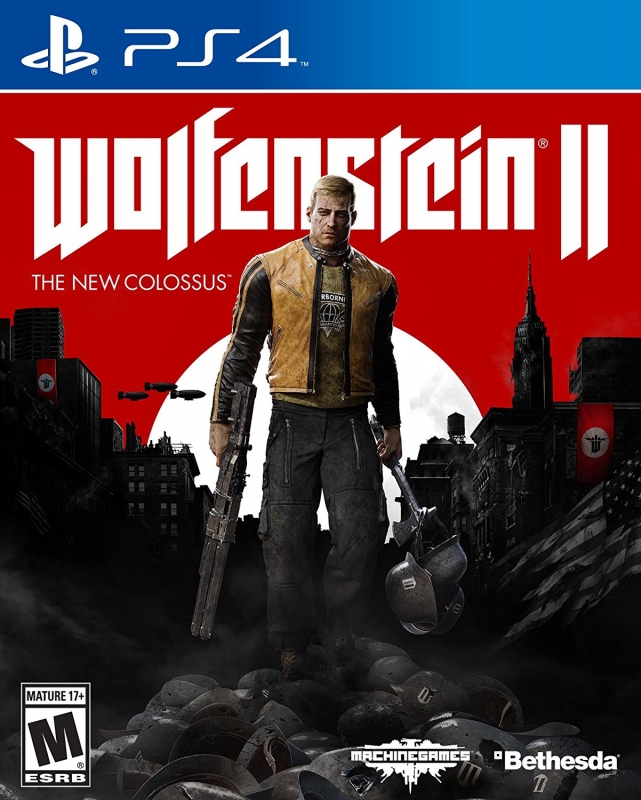
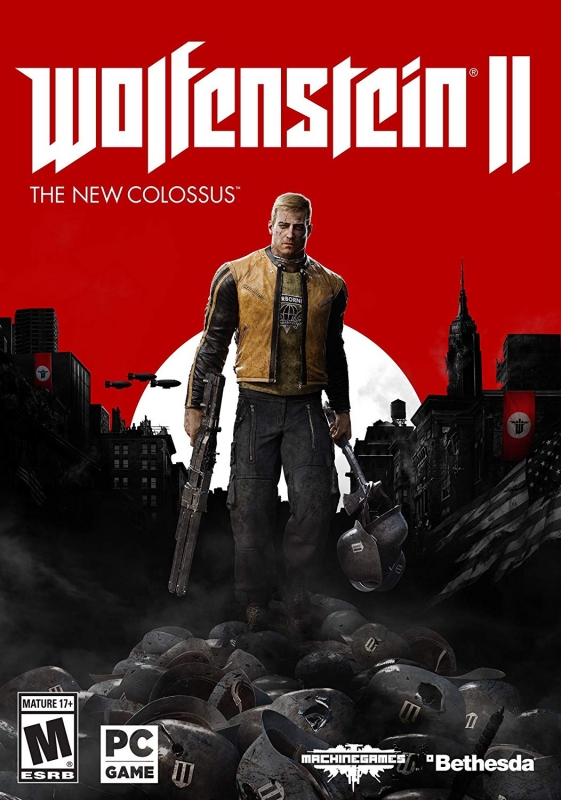
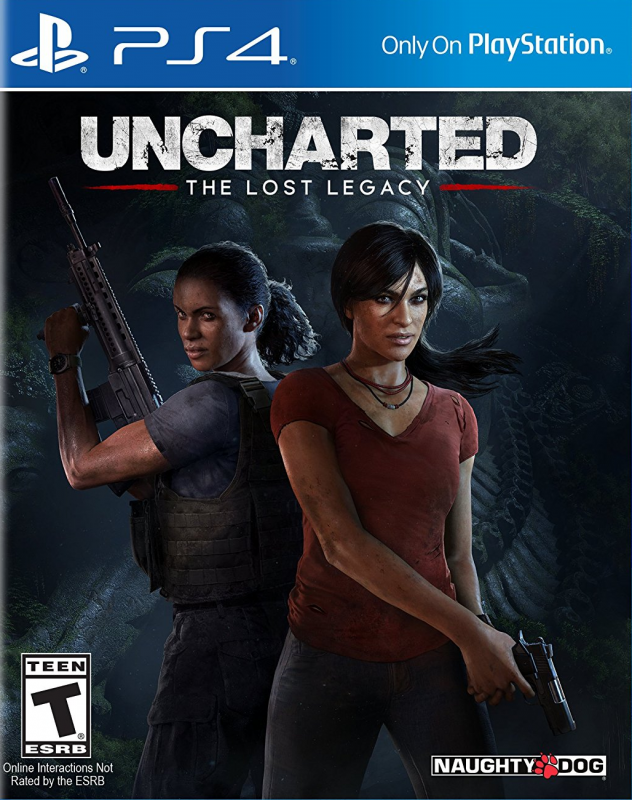
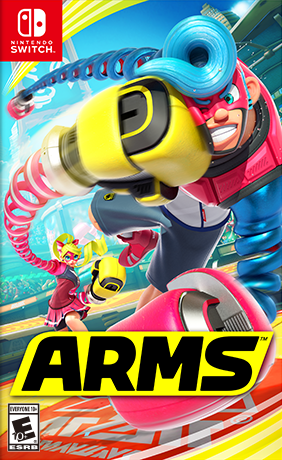
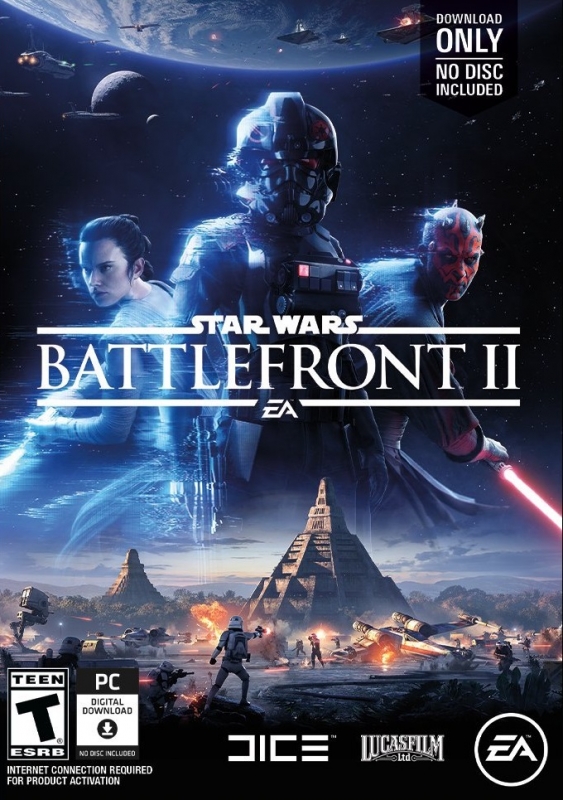
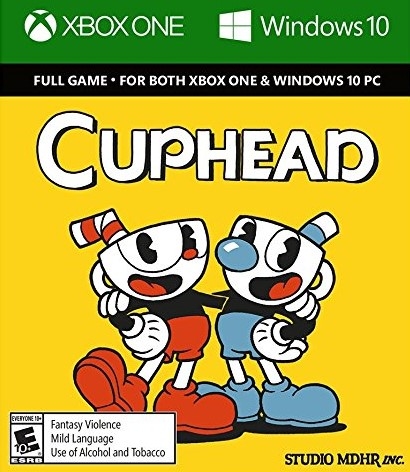
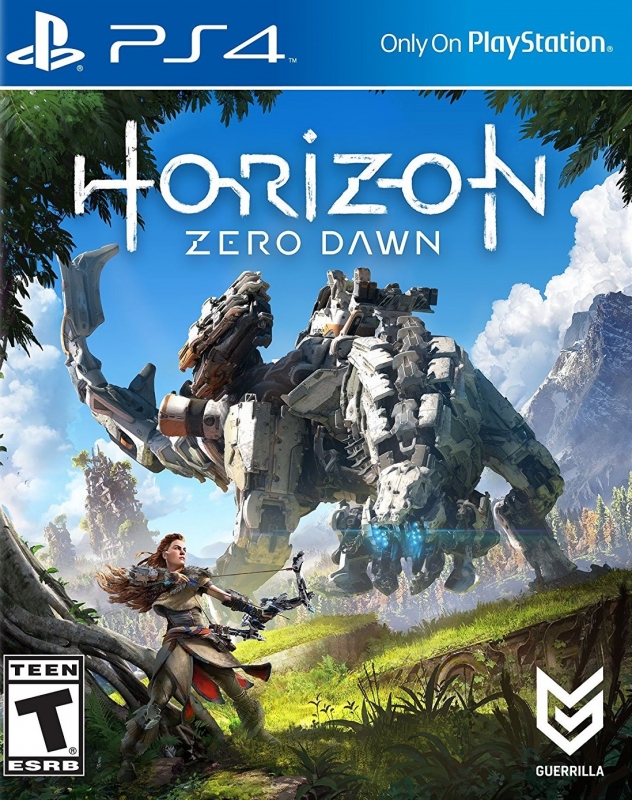
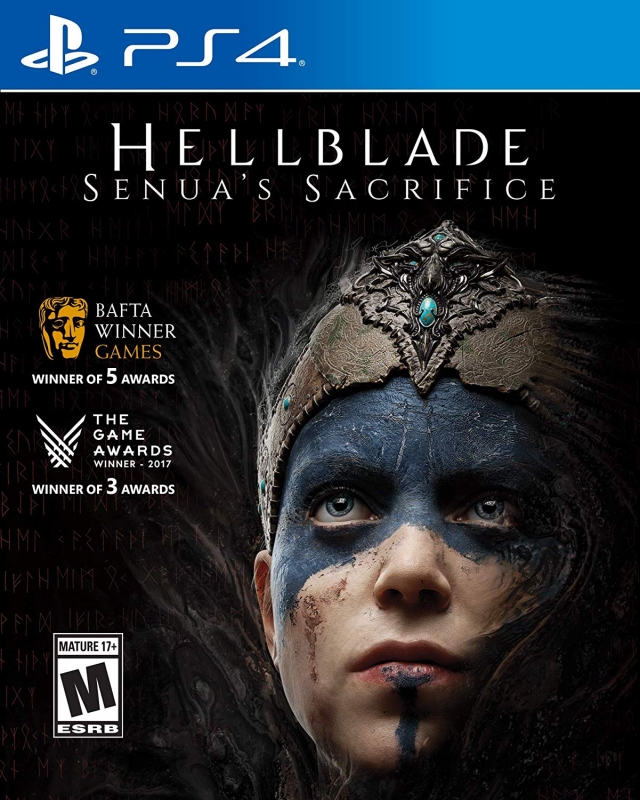
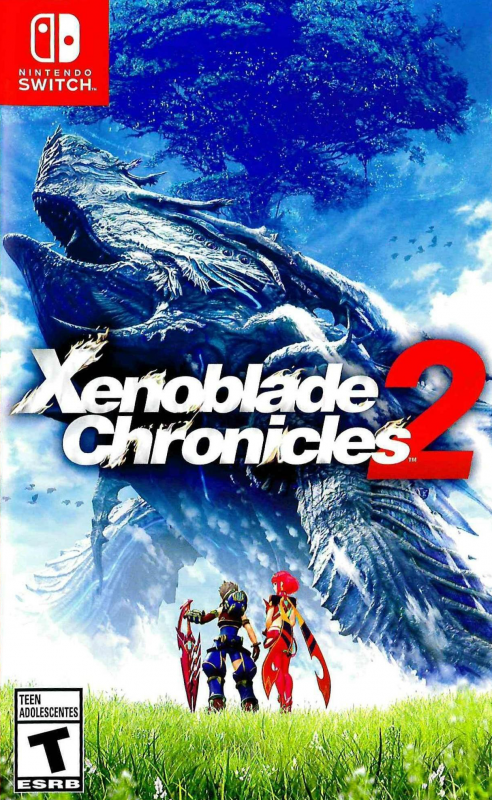
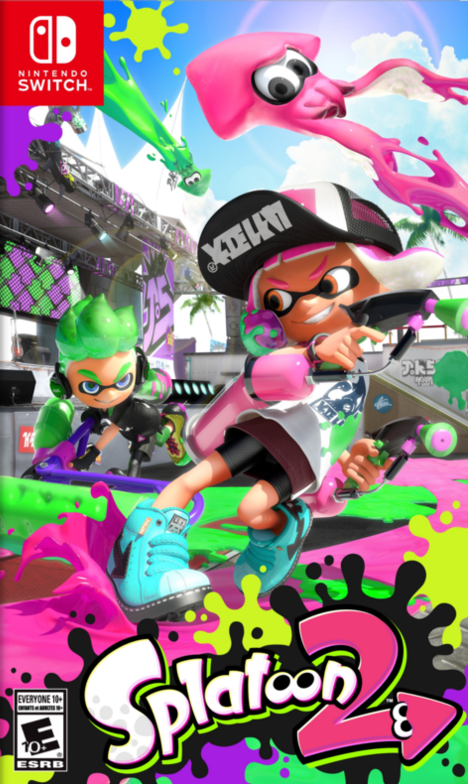
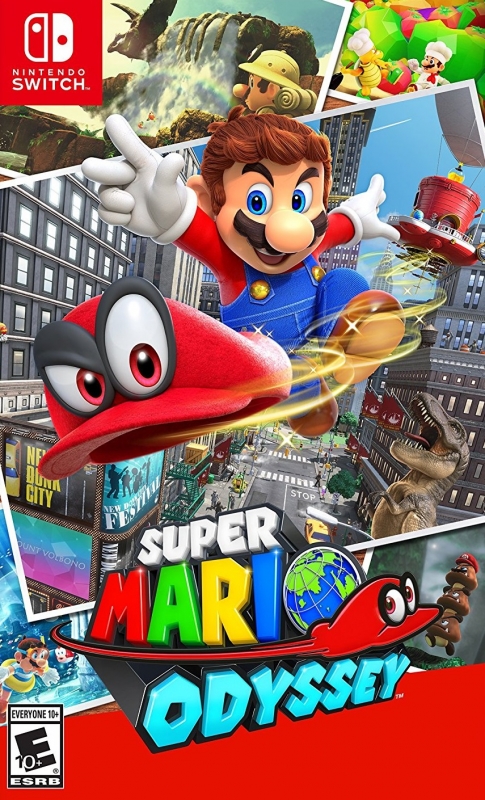
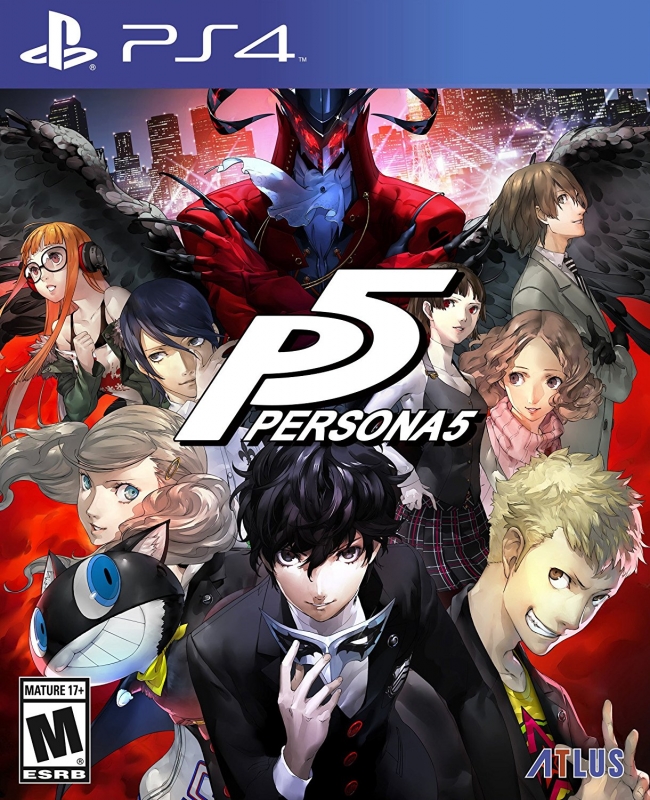
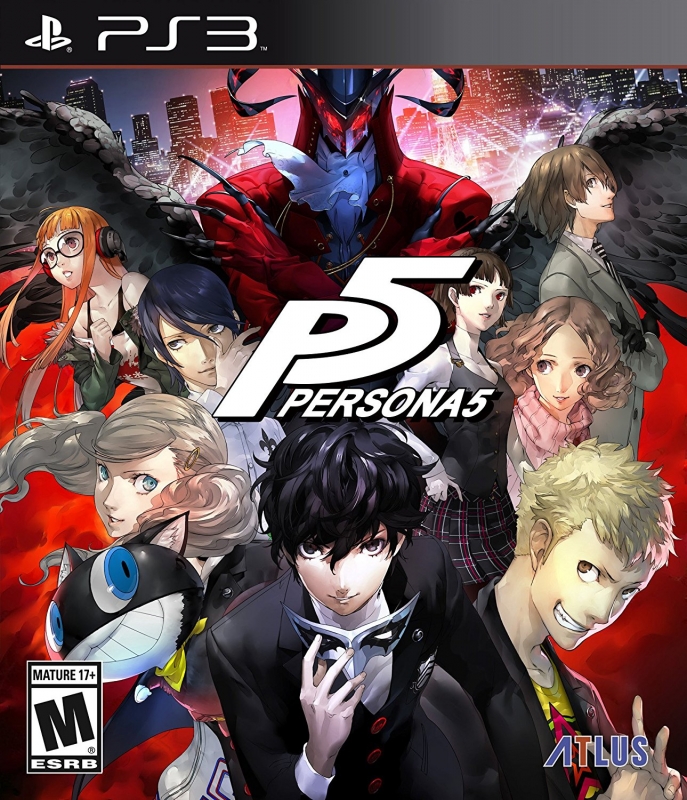
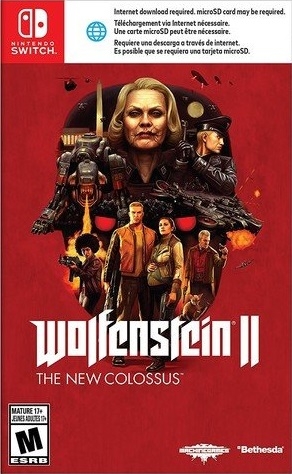
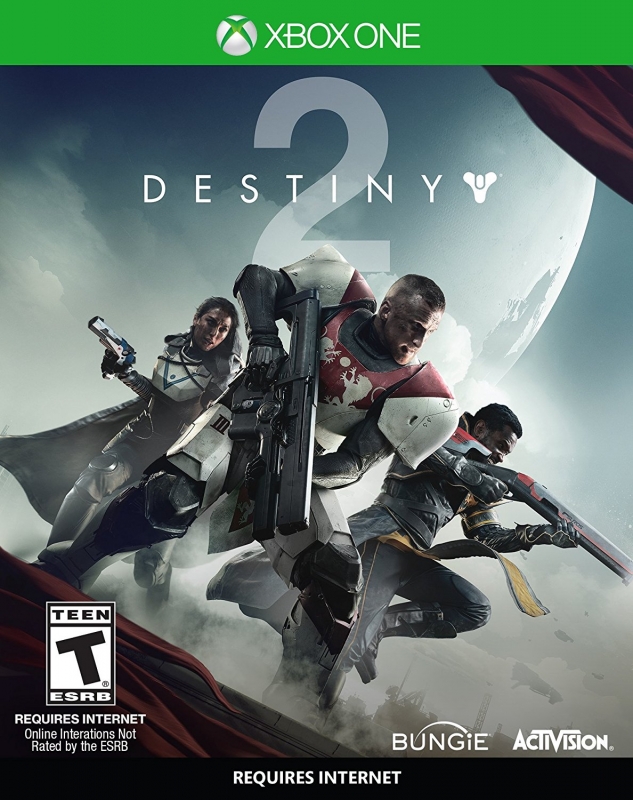
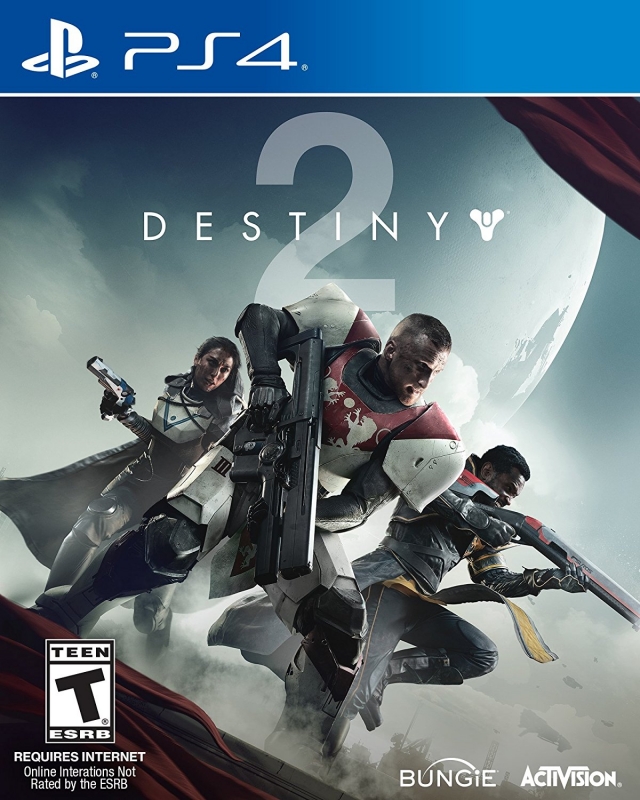
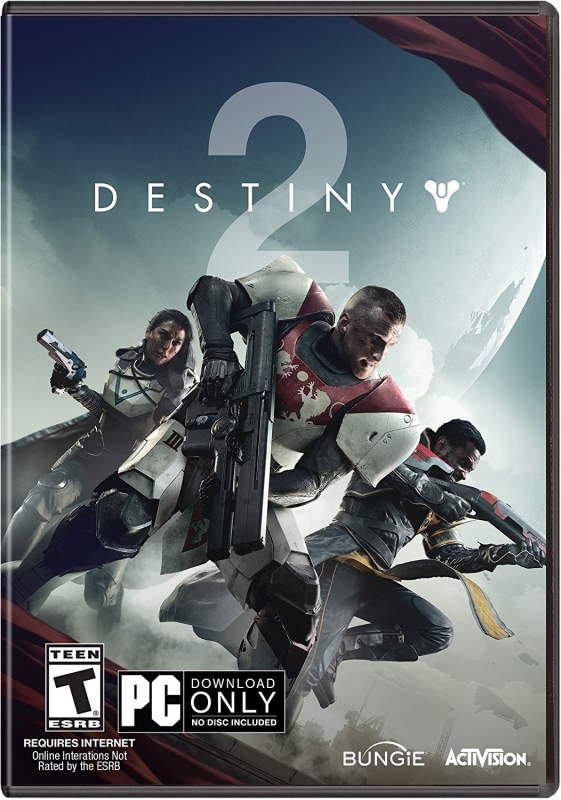
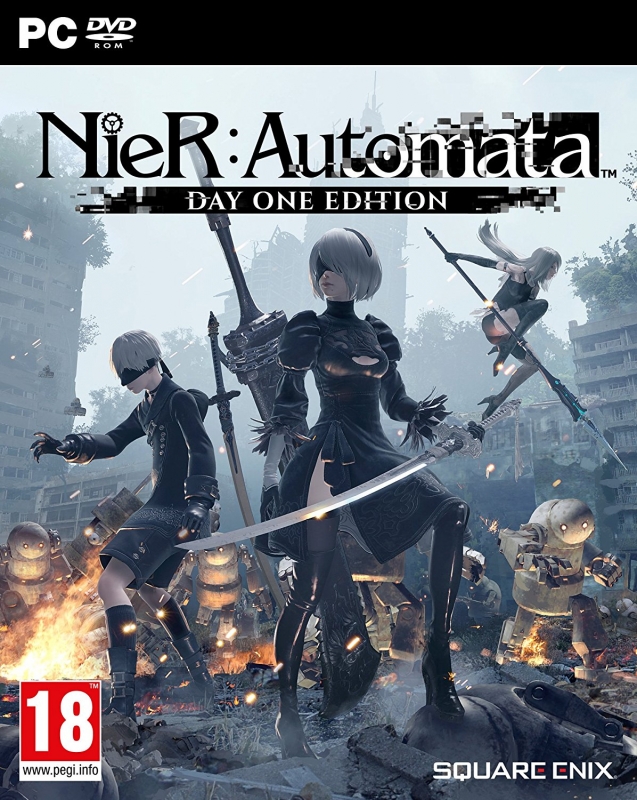
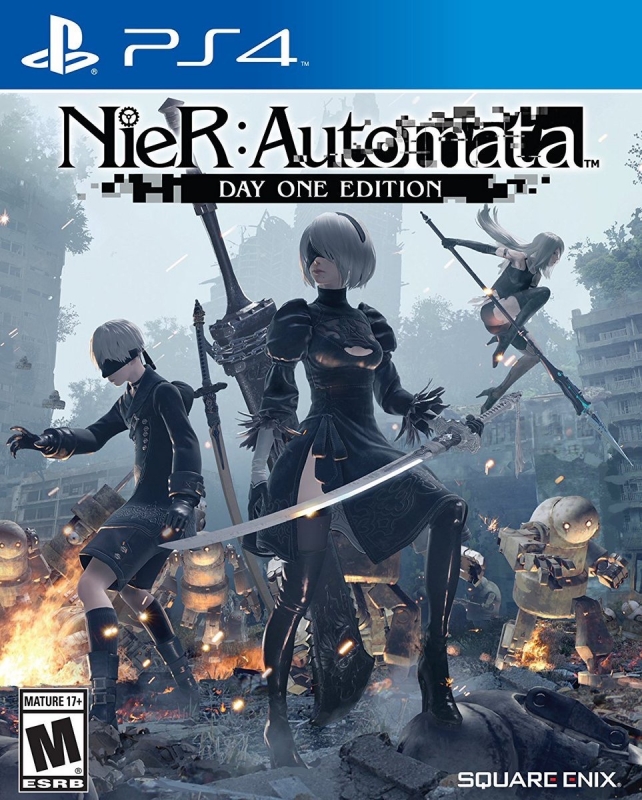
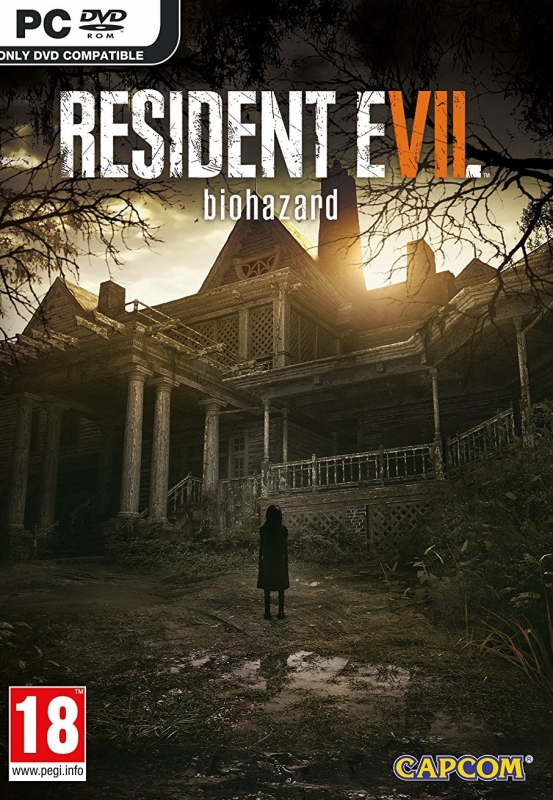
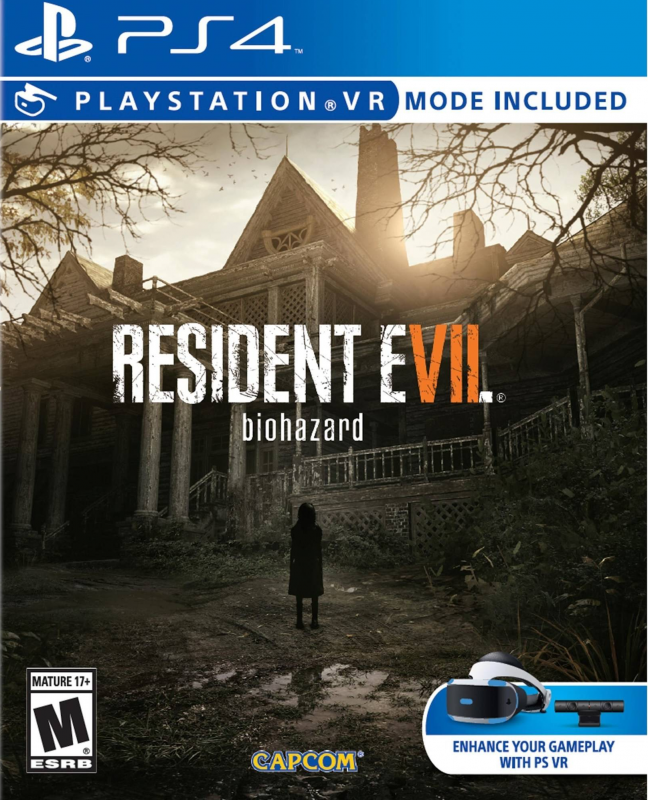
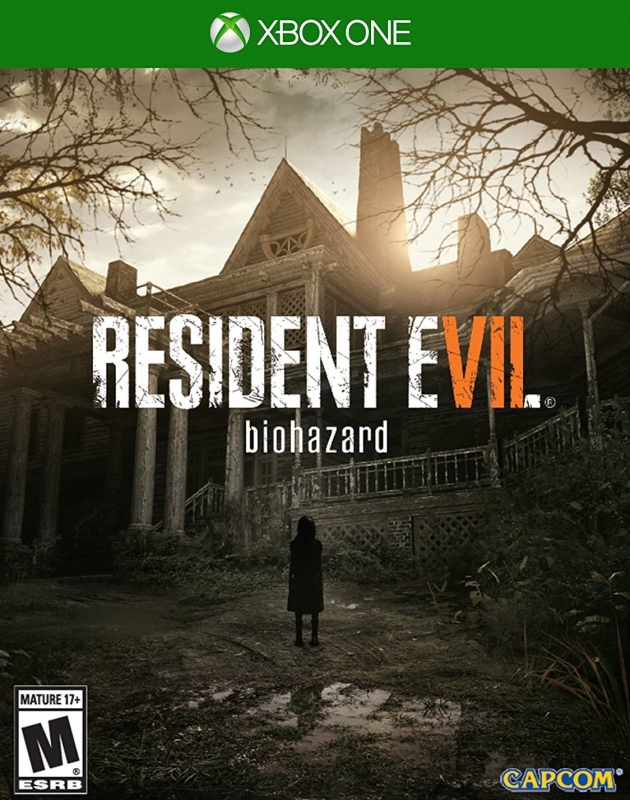
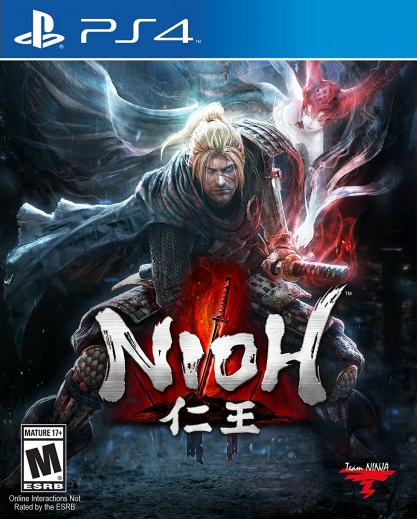

 Essay Pro
Essay Pro